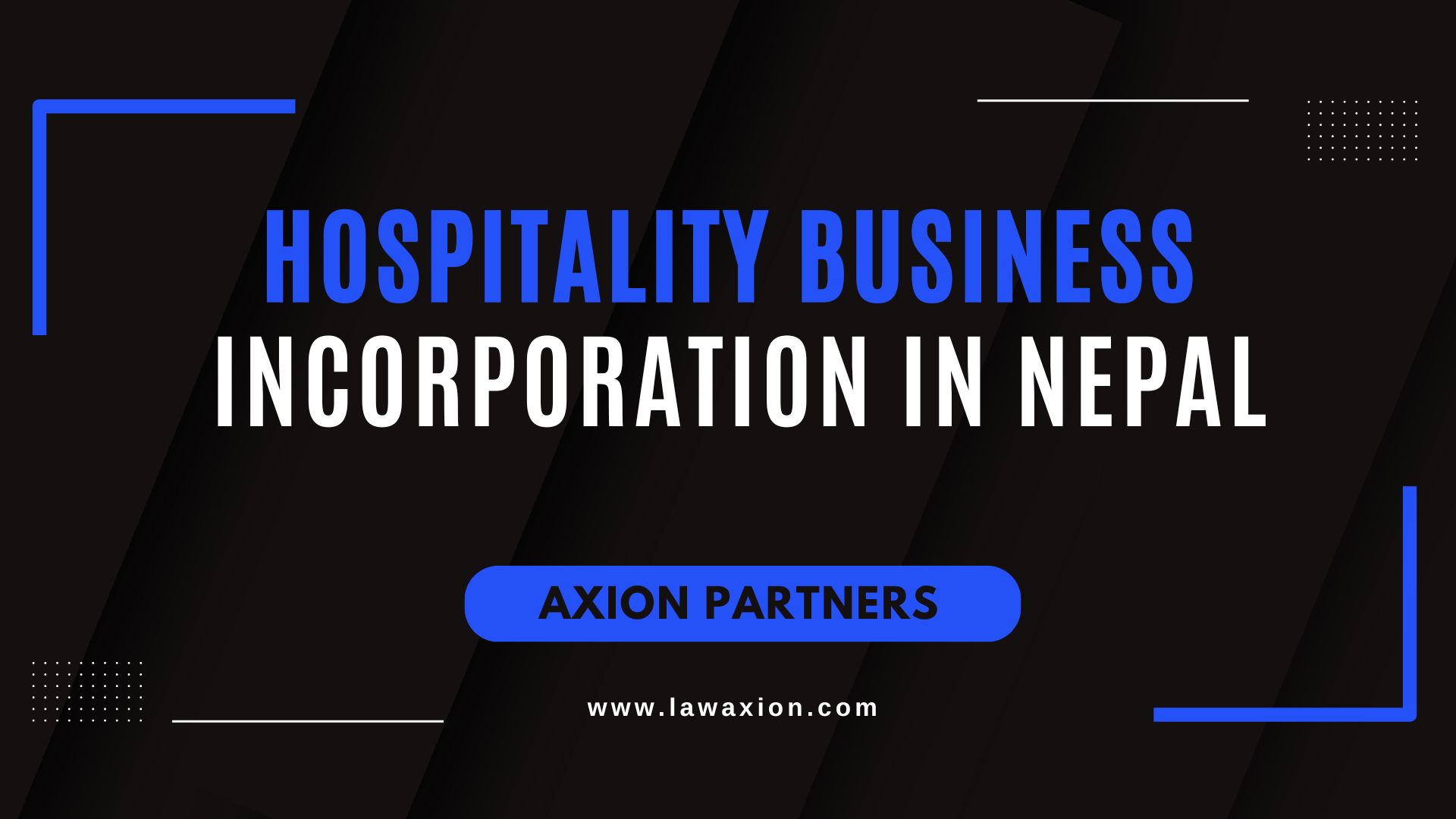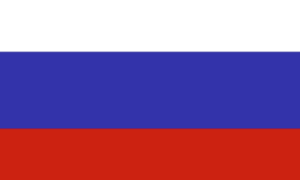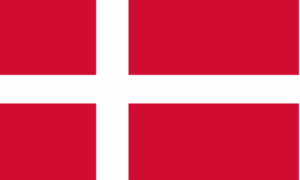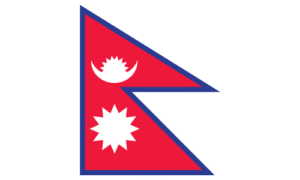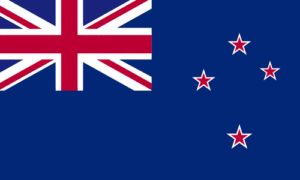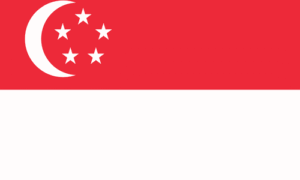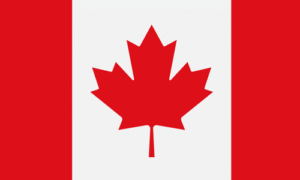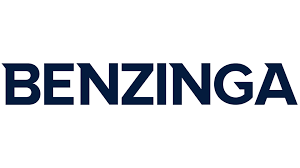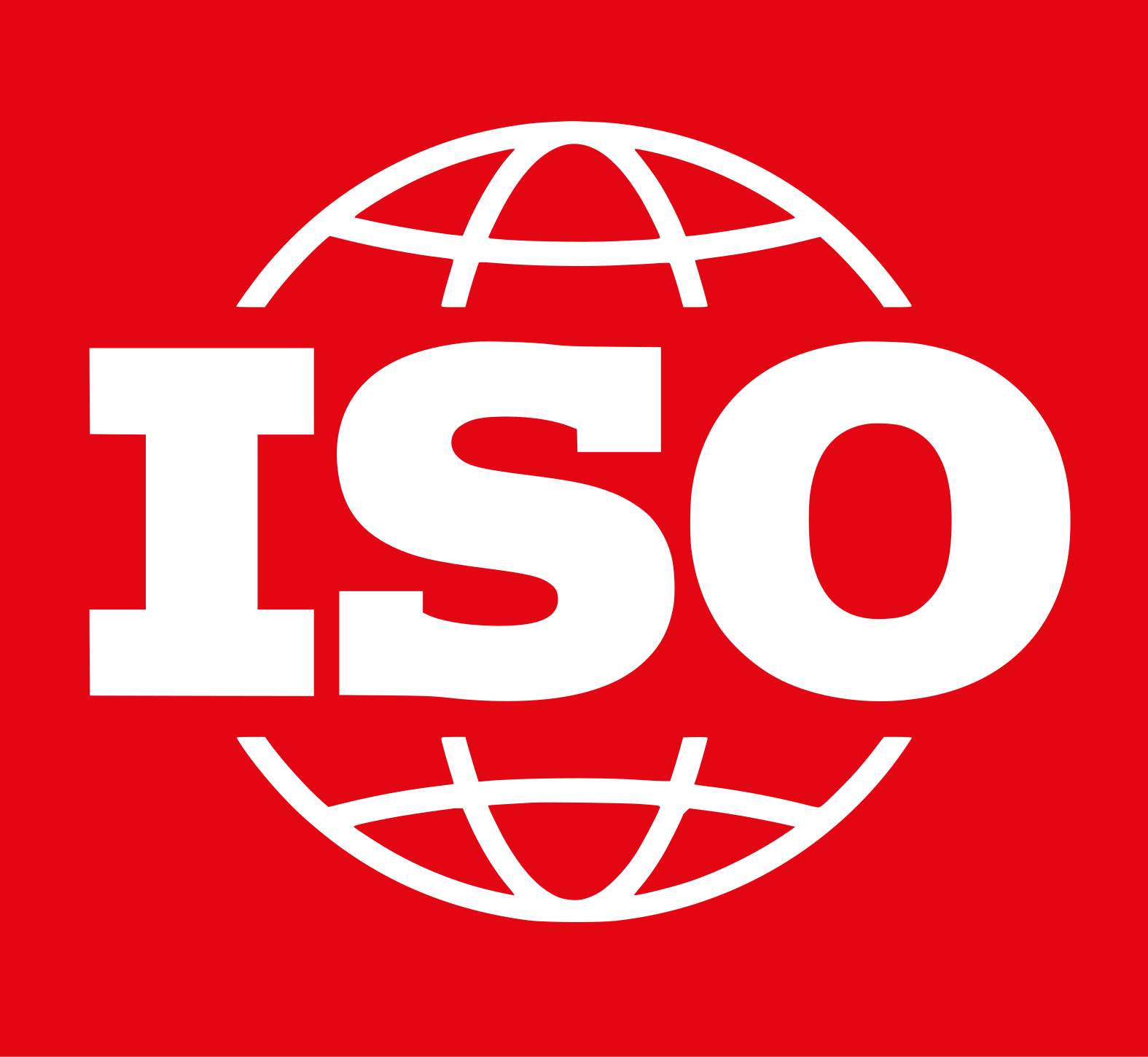Table of Contents
- 1 Introduction to Hospitality Business Registration Requirements
- 2 Legal Structure Options for Hospitality Businesses
- 3 Documentation Requirements for Business Registration Process
- 4 Capital Requirements for Hospitality Business Setup
- 5 Location and Zoning Requirements for Establishments
- 6 Licensing Requirements from Tourism Department Authority
- 7 Health and Safety Compliance for Hospitality
- 8 Staff Requirements and Labor Law Compliance
- 9 Tax Registration and Compliance Requirements Process
- 10 Environmental Clearance Requirements for Hospitality Business
- 11 Insurance Requirements for Hospitality Establishments
- 12 Professional Services Required for Business Setup
- 13 Operational Guidelines for Hospitality Business Management
- 14 Annual Compliance Requirements for Hospitality Sector
- 15 Foreign Investment Regulations in Hospitality Sector
- 16 FAQs
- 16.1 What is the minimum capital requirement for a hospitality business in Nepal?
- 16.2 How long does the registration process take for a hospitality business?
- 16.3 Can foreigners own hospitality businesses in Nepal?
- 16.4 What licenses are required for restaurants in Nepal?
- 16.5 How many inspections are required initially for a hospitality business?
- 16.6 What are the renewal requirements for hospitality business licenses?
- 16.7 Are there location restrictions for hospitality businesses in Nepal?
Introduction to Hospitality Business Registration Requirements
Establishing a hospitality business in Nepal requires careful navigation of various legal and regulatory requirements. The tourism sector, a vital component of Nepal’s economy, is governed by specific laws and regulations designed to ensure quality service and sustainable growth. This guide provides an overview of the essential steps and requirements for incorporating a hospitality business in Nepal.
The primary legislation governing business registration in Nepal is the Companies Act, 2063 (2006). For hospitality businesses, additional regulations under the Tourism Act, 2035 (1978) and its subsequent amendments apply. These laws collectively form the regulatory framework within which hospitality enterprises must operate.
Key considerations for entrepreneurs in the hospitality sector include choosing the appropriate legal structure, meeting capital requirements, obtaining necessary licenses, and ensuring compliance with health, safety, and environmental standards. Understanding these requirements is crucial for a smooth incorporation process and successful business operation.
Legal Structure Options for Hospitality Businesses
When incorporating a hospitality business in Nepal, entrepreneurs have several legal structure options to choose from. Each structure has its own set of advantages and regulatory requirements. The most common legal structures for hospitality businesses in Nepal are:
- Private Limited Company
- Public Limited Company
- Partnership Firm
- Sole Proprietorship
Private Limited Company
This is the most popular choice for medium to large-scale hospitality businesses. It offers limited liability protection to shareholders and allows for easier capital raising. Registration is done under the Companies Act, 2063 (2006).
Public Limited Company
Suitable for large-scale hospitality projects, this structure allows for public share offerings. It has more stringent regulatory requirements but provides access to public investment.
Partnership Firm
Ideal for small to medium-sized hospitality ventures, partnerships are registered under the Partnership Act, 2020 (1964). They offer flexibility but come with unlimited liability for partners.
Sole Proprietorship
This is the simplest structure for small hospitality businesses like cafes or guest houses. It’s easy to set up but doesn’t provide liability protection.
The choice of legal structure impacts taxation, liability, and operational flexibility. Consulting with a legal expert is advisable to determine the most suitable structure for your specific hospitality venture.
Documentation Requirements for Business Registration Process
The business registration process in Nepal requires thorough documentation. For hospitality businesses, this process involves submitting various documents to multiple government agencies. Here’s a comprehensive list of the required documents:
- Application for Company Registration
- Memorandum of Association
- Articles of Association
- Consent letters from proposed directors
- Copy of citizenship certificates of promoters/directors
- Passport-sized photographs of promoters/directors
- No Objection Letter from respective authorities (for foreign investors)
- Proof of office address (rental agreement or ownership documents)
- Initial capital deposit proof
- Business plan or feasibility study (for larger projects)
Additional Documents for Hospitality Businesses:
- Tourism business license application
- Location map and building layout plans
- Environmental Impact Assessment (EIA) or Initial Environmental Examination (IEE) report
- Fire safety clearance from local authorities
- Health and sanitation certificates
It’s crucial to ensure all documents are accurately prepared and notarized where required. The Company Registrar’s Office (CRO) and the Department of Tourism are the primary agencies involved in the registration process for hospitality businesses.
Capital Requirements for Hospitality Business Setup
Capital requirements for hospitality businesses in Nepal vary depending on the scale and nature of the enterprise. The Companies Act, 2063 (2006) and the Foreign Investment and Technology Transfer Act, 2075 (2019) outline the minimum capital requirements for different business structures.
Minimum Capital Requirements:
- Private Limited Company: NPR 100,000 (approximately USD 850)
- Public Limited Company: NPR 10,000,000 (approximately USD 85,000)
- Foreign Investment: Minimum NPR 50,000,000 (approximately USD 425,000)
For hospitality businesses, additional capital requirements may be imposed by the Department of Tourism based on the type and scale of the establishment:
- Hotels: Varying from NPR 5,000,000 to NPR 250,000,000 depending on star rating
- Resorts: Minimum NPR 20,000,000
- Restaurants: Minimum NPR 500,000
It’s important to note that these are minimum requirements, and actual capital needs may be significantly higher depending on the project scope. A detailed business plan and financial projection are essential to determine the appropriate capital structure for your hospitality venture.
Location and Zoning Requirements for Establishments
Selecting the right location for a hospitality business in Nepal is crucial and subject to various zoning laws and regulations. The Tourism Act, 2035 (1978) and local municipal bylaws govern the establishment of hospitality businesses in specific areas.
Key Considerations for Location Selection:
- Zoning Regulations: Check if the area is zoned for commercial or hospitality use
- Proximity to Tourist Attractions: Consider accessibility to popular sites
- Infrastructure Availability: Ensure adequate water, electricity, and road access
- Environmental Sensitivity: Avoid ecologically fragile areas
- Local Community Impact: Assess potential effects on local residents
Zoning Requirements:
- Hotels and Resorts: Must be located in areas designated for tourism development
- Restaurants: Can be established in commercial zones, subject to local regulations
- Homestays: Typically allowed in residential areas, with specific guidelines
Before finalizing a location, obtain a No Objection Certificate (NOC) from the local municipality or rural municipality. This document confirms that the proposed hospitality business complies with local zoning laws and development plans.
For establishments in protected areas or national parks, additional clearances from the Department of National Parks and Wildlife Conservation may be required.
Licensing Requirements from Tourism Department Authority
Obtaining the necessary licenses is a critical step in establishing a hospitality business in Nepal. The Department of Tourism is the primary authority responsible for issuing licenses to tourism-related businesses. The licensing process ensures that the establishment meets the required standards of service and safety.
Read More
- Best Corporate Law Firm in Nepal
- Can Foreigners Buy Property in Nepal?
- Online Company Registration in Nepal
Steps to Obtain Tourism Business License:
- Submit application to the Department of Tourism
- Provide detailed business plan and feasibility study
- Present proof of capital investment
- Submit location approval and building plans
- Undergo inspection by tourism officials
- Obtain recommendation from local authorities
Types of Licenses:
- Hotel License: Required for all accommodation providers
- Restaurant License: Necessary for food service establishments
- Travel Agency License: For tour operators and travel agencies
- Trekking Agency License: Specific to trekking and mountaineering services
The Tourism Act, 2035 (1978) and its regulations outline specific criteria for each type of license. These criteria include minimum room numbers for hotels, seating capacity for restaurants, and professional qualifications for travel agencies.
Licenses are typically issued for a period of five years and must be renewed regularly. Compliance with license conditions is monitored through periodic inspections by the Department of Tourism.
Health and Safety Compliance for Hospitality
Ensuring health and safety compliance is paramount in the hospitality industry. In Nepal, various laws and regulations govern health and safety standards for hospitality businesses. Compliance with these standards is not only a legal requirement but also crucial for maintaining the reputation and success of the establishment.
Key Health and Safety Regulations:
- Food Act, 2023 (1966): Governs food safety and hygiene standards
- Labor Act, 2074 (2017): Outlines workplace safety requirements
- Fire Safety and Prevention Act, 2064 (2007): Mandates fire safety measures
Essential Compliance Measures:
- Food Safety:
- Implement HACCP (Hazard Analysis Critical Control Points) system
- Regular staff training on food handling and hygiene
- Obtain food safety certifications from local health authorities
- Fire Safety:
- Install fire detection and suppression systems
- Conduct regular fire drills and staff training
- Maintain clear emergency exits and evacuation plans
- General Safety:
- Regular maintenance of facilities and equipment
- Proper storage and handling of chemicals and hazardous materials
- Provision of first aid facilities and trained personnel
- Guest Safety:
- Implement security measures like CCTV and access control
- Ensure proper lighting in all areas
- Maintain guest privacy and data protection
Compliance with these regulations is monitored through regular inspections by relevant authorities. Non-compliance can result in penalties, license suspension, or revocation. It’s advisable to conduct internal audits regularly and maintain detailed records of all safety measures and incidents.
Staff Requirements and Labor Law Compliance
Staffing a hospitality business in Nepal requires adherence to the Labor Act, 2074 (2017) and associated regulations. Proper management of human resources is crucial for providing quality service and maintaining legal compliance.
Key Labor Law Requirements:
- Employment Contracts: Written contracts are mandatory for all employees
- Working Hours: Maximum 48 hours per week, with provisions for overtime
- Minimum Wage: As per the government-set rates for the hospitality sector
- Leave Entitlements: Annual leave, sick leave, and public holidays as per law
- Social Security: Mandatory enrollment in the Social Security Fund
Staffing Guidelines for Hospitality Businesses:
- Hotels:
- Minimum staff-to-room ratio as per star rating
- Qualified management and supervisory staff
- Trained housekeeping and food service personnel
- Restaurants:
- Certified chefs and kitchen staff
- Trained service personnel
- Hygiene officers for larger establishments
- Travel Agencies:
- Licensed tour guides
- Qualified travel planners and coordinators
Training and Development:
- Implement regular training programs for staff
- Ensure compliance with industry standards and best practices
- Promote career development opportunities within the organization
Compliance with labor laws is monitored by the Department of Labor. Regular audits and maintaining proper employment records are essential. It’s also important to establish clear policies on workplace conduct, non-discrimination, and grievance handling to ensure a positive work environment.
Tax Registration and Compliance Requirements Process
Tax compliance is a critical aspect of operating a hospitality business in Nepal. The tax system for hospitality businesses involves various types of taxes and requires registration with multiple authorities.
Tax Registration Process:
- Obtain Permanent Account Number (PAN) from Inland Revenue Department
- Register for Value Added Tax (VAT) if annual turnover exceeds NPR 5 million
- Register for Tourism Service Fee (TSF) with Nepal Tourism Board
Key Taxes Applicable to Hospitality Businesses:
- Corporate Income Tax: 25% for companies, 20% for individuals
- Value Added Tax (VAT): 13% on goods and services
- Tourism Service Fee (TSF): 10% on services provided to tourists
- Social Security Tax: 31% of basic salary (11% employee, 20% employer contribution)
Compliance Requirements:
- File monthly VAT returns
- Submit quarterly advance tax payments
- File annual income tax returns
- Remit TSF collections monthly
- Maintain proper books of accounts and financial records
Tax Incentives for Hospitality Sector:
- Income tax exemptions for businesses in remote areas
- Customs duty exemptions on certain imported equipment
- VAT refund scheme for foreign tourists
It’s crucial to maintain accurate financial records and engage professional accountants to ensure full compliance with tax laws. The Income Tax Act, 2058 (2002) and VAT Act, 2052 (1996) are the primary legislations governing taxation in Nepal.
Regular tax audits are conducted by the Inland Revenue Department. Non-compliance can result in penalties, interest charges, and legal actions. Staying updated with changes in tax laws and seeking expert advice is recommended for effective tax management.
Environmental Clearance Requirements for Hospitality Business
Environmental compliance is a crucial aspect of establishing and operating a hospitality business in Nepal. The country’s rich natural heritage necessitates strict adherence to environmental regulations to ensure sustainable tourism development.
Key Environmental Laws:
- Environment Protection Act, 2076 (2019)
- National Parks and Wildlife Conservation Act, 2029 (1973)
- Solid Waste Management Act, 2068 (2011)
Environmental Clearance Process:
- Initial Environmental Examination (IEE):
- Required for small to medium-sized projects
- Conducted by the project proponent
- Approved by the concerned ministry
- Environmental Impact Assessment (EIA):
- Mandatory for large-scale projects or those in sensitive areas
- Conducted by independent experts
- Approved by the Ministry of Forests and Environment
Steps for Obtaining Environmental Clearance:
- Submit project proposal to relevant authority
- Conduct IEE or EIA as required
- Public consultation and disclosure of findings
- Review and approval by concerned authorities
- Implementation of environmental management plan
Ongoing Compliance Requirements:
- Regular environmental audits
- Waste management and recycling programs
- Energy efficiency measures
- Water conservation practices
- Biodiversity protection initiatives
Environmental compliance is monitored through periodic inspections by environmental authorities. Non-compliance can lead to fines, project suspension, or license revocation. It’s advisable to integrate environmental sustainability into the core business strategy to ensure long-term compliance and positive environmental impact.
Insurance Requirements for Hospitality Establishments
Insurance is a critical component of risk management for hospitality businesses in Nepal. While not all types of insurance are legally mandated, certain coverages are essential for protecting the business, employees, and guests.
Mandatory Insurance:
- Employee Insurance:
- As per the Contribution Based Social Security Act, 2074 (2017)
- Covers accidents, disability, and death benefits for employees
- Third-Party Liability Insurance:
- Required for businesses operating vehicles
- Covers damages or injuries caused to third parties
Recommended Insurance Coverages:
- Property Insurance:
- Protects buildings, equipment, and contents against fire, natural disasters, and theft
- Critical for hotels, resorts, and restaurants
- Business Interruption Insurance:
- Covers loss of income due to unforeseen events like natural disasters or political unrest
- Public Liability Insurance:
- Protects against claims from guests for injuries or property damage
- Professional Indemnity Insurance:
- Important for travel agencies and tour operators
- Covers claims arising from professional negligence
- Cyber Liability Insurance:
- Protects against data breaches and cyber attacks
- Increasingly important for businesses handling guest information
Insurance Procurement Process:
- Assess business risks and insurance needs
- Consult with licensed insurance brokers or agents
- Compare policies from different insurers
- Select appropriate coverage and limits
- Review and renew policies annually
It’s important to work with reputable insurance providers registered with the Insurance Board of Nepal. Regular review of insurance policies is recommended to ensure adequate coverage as the business grows or risks change.
Professional Services Required for Business Setup
Setting up a hospitality business in Nepal often requires the expertise of various professionals to navigate the complex legal, financial, and operational landscape. Engaging these services can significantly streamline the incorporation process and ensure compliance with all relevant regulations.
Key Professional Services:
- Legal Counsel:
- Assists with business structure selection
- Drafts and reviews legal documents
- Ensures compliance with relevant laws
- Chartered Accountant:
- Helps with financial planning and projections
- Manages tax registration and compliance
- Prepares and audits financial statements
- Company Secretary:
- Handles company registration process
- Ensures compliance with corporate governance requirements
- Manages regulatory filings and record-keeping
- Architect and Interior Designer:
- Designs the establishment layout
- Ensures compliance with building codes and zoning laws
- Creates an appealing ambiance for guests
- Environmental Consultant:
- Conducts environmental impact assessments
- Advises on sustainable practices
- Assists with environmental clearance process
- Human Resource Consultant:
- Develops HR policies and procedures
- Assists with staff recruitment and training
- Ensures compliance with labor laws
Selecting Professional Services:
- Research and shortlist reputable firms or individuals
- Verify credentials and experience in the hospitality sector
- Request proposals and compare services offered
- Check references from previous clients
- Negotiate terms and fees
Engaging professional services may seem costly initially, but it can save significant time and resources in the long run by avoiding legal issues, compliance problems, and operational inefficiencies. It’s advisable to build a long-term relationship with these professionals for ongoing support and advice as the business grows.
Operational Guidelines for Hospitality Business Management
Effective management is crucial for the success and sustainability of hospitality businesses in Nepal. Adhering to best practices and industry standards ensures quality service delivery and compliance with regulatory requirements.
Key Operational Areas:
- Guest Services:
- Implement standardized check-in and check-out procedures
- Train staff in customer service excellence
- Establish complaint handling and feedback mechanisms
- Housekeeping:
- Develop cleaning and maintenance schedules
- Implement quality control measures
- Ensure proper inventory management of supplies
- Food and Beverage:
- Maintain hygiene standards as per HACCP guidelines
- Regularly update menus to reflect local and seasonal offerings
- Train staff in food safety and service etiquette
- Security:
- Implement access control systems
- Train staff in emergency procedures
- Regularly review and update security protocols
- Financial Management:
- Implement robust accounting systems
- Monitor key performance indicators (KPIs)
- Conduct regular financial audits
Best Practices:
- Develop and maintain standard operating procedures (SOPs) for all departments
- Implement a quality management system (QMS) for continuous improvement
- Utilize technology for efficient operations (e.g., property management systems)
- Prioritize staff training and development
- Engage in sustainable and responsible tourism practices
Regulatory Compliance:
- Regularly review and update licenses and permits
- Conduct periodic safety and hygiene inspections
- Maintain proper records of all operations and transactions
- Stay informed about changes in relevant laws and regulations
Effective operational management not only ensures regulatory compliance but also enhances guest satisfaction and business profitability. Regular review and adaptation of operational strategies are essential to stay competitive in the dynamic hospitality industry.
Annual Compliance Requirements for Hospitality Sector
Hospitality businesses in Nepal must adhere to various annual compliance requirements to maintain their legal status and operational licenses. These requirements span across multiple regulatory bodies and are crucial for the continued operation of the business.
Key Annual Compliance Areas:
- Company Renewal:
- File annual returns with the Company Registrar’s Office
- Update company details and shareholding information
- Pay annual renewal fees
- Tax Compliance:
- File annual income tax returns
- Submit audited financial statements
- Renew PAN and VAT registrations
- Tourism Department Compliance:
- Renew tourism business license
- Submit annual operational reports
- Pay tourism service fees
- Labor Compliance:
- Renew labor permits for foreign employees
- Update employee provident fund and social security contributions
- Conduct annual safety audits
- Environmental Compliance:
- Submit annual environmental audit reports
- Renew environmental clearance certificates
- Update waste management plans
Compliance Timeline:
- Company Renewal: Within 6 months of fiscal year-end
- Tax Returns: Within 3 months of fiscal year-end
- Tourism License Renewal: Annually, as per license issue date
- Labor Compliance: Ongoing, with annual reviews
- Environmental Reports: Annually, as specified in clearance certificates
Best Practices for Compliance Management:
- Maintain a compliance calendar with all due dates
- Assign responsibility for each compliance area to specific staff or departments
- Conduct internal audits regularly to ensure ongoing compliance
- Keep abreast of changes in laws and regulations affecting the hospitality sector
- Engage professional services for complex compliance matters
Failure to meet these annual compliance requirements can result in penalties, fines, or even suspension of business operations. It’s crucial to prioritize compliance management as an integral part of business operations to ensure smooth and uninterrupted business activities.
Foreign Investment Regulations in Hospitality Sector
Nepal has been increasingly opening its hospitality sector to foreign investment, recognizing the potential for growth and development in tourism. However, foreign investors must navigate specific regulations and restrictions when investing in the Nepalese hospitality industry.
Key Regulations:
- Foreign Investment and Technology Transfer Act, 2075 (2019):
- Primary legislation governing foreign investment
- Outlines sectors open for foreign investment
- Industrial Enterprises Act, 2076 (2020):
- Provides framework for industrial operations
- Specifies incentives for foreign investors
Investment Thresholds:
- Minimum foreign investment: NPR 50 million (approximately USD 425,000)
- 100% foreign ownership allowed in most hospitality businesses
Restricted Areas:
- Travel agencies: Maximum 51% foreign ownership
- Trekking agencies: Foreign investment not permitted
- Certain small-scale hospitality services may be restricted
Investment Approval Process:
- Submit application to Department of Industry
- Obtain approval from Investment Board Nepal for large-scale projects
- Register company with Company Registrar’s Office
- Obtain industry registration from Department of Industry
- Acquire necessary sector-specific licenses
Repatriation Rights:
- Foreign investors can repatriate profits and dividends
- Capital repatriation allowed upon business closure or share sale
Tax Considerations:
- Double taxation avoidance agreements with several countries
- Tax incentives for investments in certain regions or sectors
Land Ownership:
- Foreign companies cannot own land directly
- Long-term leases (up to 50 years, renewable) are permitted
Foreign investors should conduct thorough due diligence and seek local legal counsel to navigate the complex regulatory landscape. While Nepal welcomes foreign investment in hospitality, compliance with local laws and regulations is crucial for successful and sustainable business operations.
FAQs
What is the minimum capital requirement for a hospitality business in Nepal?
The minimum capital requirement varies based on the type of business and ownership structure. For a private limited company, it’s NPR 100,000. However, for foreign investment, the minimum is NPR 50 million. Specific hospitality businesses like hotels may have higher requirements set by the Tourism Department.
How long does the registration process take for a hospitality business?
The registration process typically takes 3-4 weeks, but can extend to 2-3 months for more complex projects or those requiring additional approvals. This timeline includes company registration, tax registration, and obtaining basic licenses. Additional time may be needed for sector-specific licenses and environmental clearances.
Can foreigners own hospitality businesses in Nepal?
Yes, foreigners can own hospitality businesses in Nepal, with some restrictions. 100% foreign ownership is allowed in most hospitality sectors, except for travel agencies (limited to 51% foreign ownership) and trekking agencies (no foreign investment allowed). A minimum investment of NPR 50 million is required for foreign investors.
What licenses are required for restaurants in Nepal?
Restaurants in Nepal require several licenses:
- Business Registration Certificate
- PAN/VAT Registration
- Tourism Business License from Department of Tourism
- Food Business License from Department of Food Technology and Quality Control
- Liquor License (if applicable)
- Local Municipality Permit
How many inspections are required initially for a hospitality business?
The number of initial inspections varies depending on the type and scale of the business. Typically, a new hospitality business can expect:
- Building and safety inspection
- Health and sanitation inspection
- Fire safety inspection
- Environmental compliance inspection (for larger establishments)
- Tourism Department inspection for classification/rating
What are the renewal requirements for hospitality business licenses?
Most licenses require annual renewal. Key renewal requirements include:
- Submission of annual financial statements
- Payment of renewal fees
- Compliance with any updated regulations
- Passing periodic inspections (e.g., health, safety)
- Submission of operational reports to the Tourism Department
Are there location restrictions for hospitality businesses in Nepal?
Yes, there are location restrictions for hospitality businesses in Nepal. These include:
- Zoning laws restricting commercial activities in certain areas
- Special regulations for businesses near heritage sites or protected areas
- Restrictions on development in ecologically sensitive zones
- Local government guidelines on tourism development in specific regions
Always check with local authorities and the Department of Tourism for specific location-based restrictions before finalizing a site for your hospitality business.
Resources: Artificial Lawyer, InHouseBlog, The IP Law Blog

